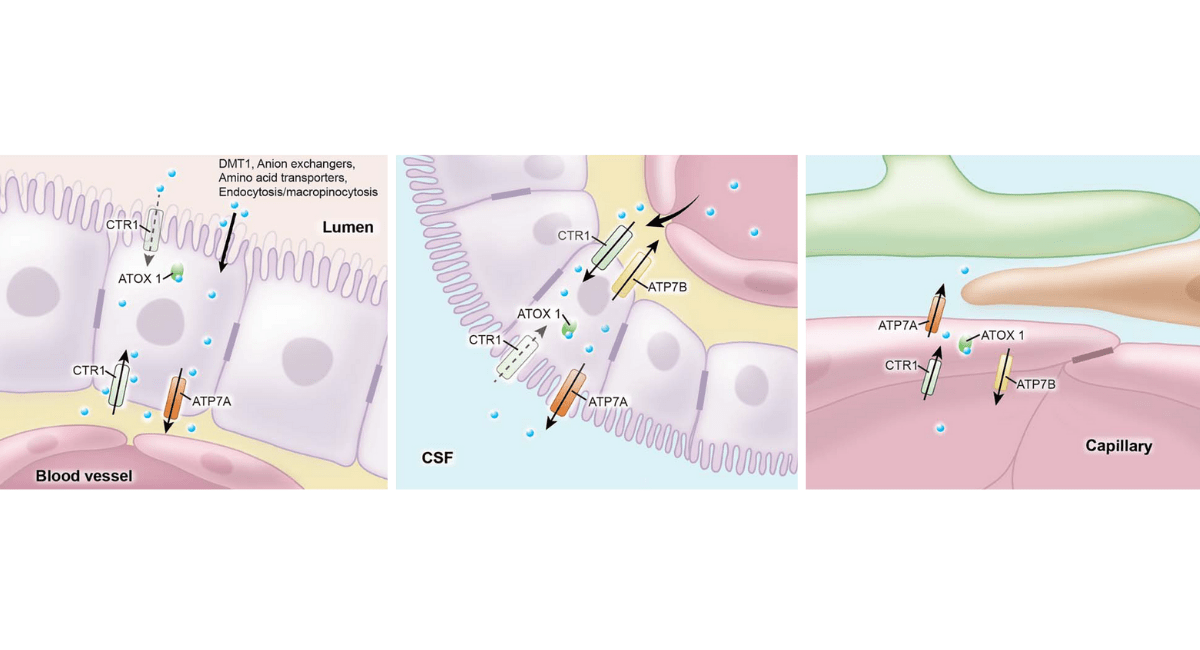August 2023
In a recent ground-breaking study published in Oxford Academic, a consortium of international researchers from esteemed institutions in the USA, UK, Israel, Cyprus, and the Netherlands identified a novel autosomal recessive disorder of copper metabolism in Cyprus. The research, focused on identical twin male infants born in Cyprus, presenting with a distinctive syndrome of infantile seizures, spasticity and neurodegeneration linked to profound copper deficiency in the central nervous system.

One of the authors of the study, UNIC Medical School’s Professor of Paediatric Neurology, Paola Nicolaides, emphasized the significance of this finding stating, “This discovery sheds light on a newly identified inherited disorder of copper metabolism and the critical role of CTR1 in human brain development”. Copper is a vital micronutrient for various cellular functions, including mitochondrial function and brain development. CTR1 (copper transporter-1) is a key protein responsible for copper transport to the blood and brain. The twins had normal blood copper levels but significantly low levels in the cerebrospinal fluid, indicating that CTR1 plays a crucial role in copper delivery to the developing brain.
The researchers identified a specific gene variant (p.Arg95His) causing CTR1 deficiency, leading to severe developmental delays and neurological impairments. Structural modelling revealed how this variant disrupts the transporter’s function, affecting copper transport kinetics.
Copper histidine treatment in the patients’ cells improved mitochondrial function, suggesting potential therapeutic benefits. The study also highlighted CTR1’s importance in brain development, especially in excitatory neurons and radial glia.

Another author of the study, Associate Professor of Molecular Biology at the UNIC Medical School, Christiana Charalambous said, “Our research offers insights into the molecular and clinical aspects of CTR1 deficiency and the potential benefits of copper histidine treatment”. This ground-breaking research improves our understanding of copper metabolism disorders and opens new possibilities for treating neurological conditions. Continued investigations could lead to better diagnostic and treatment options for patients with this novel disorder of copper metabolism, as observed in the study of twins in Cyprus.

